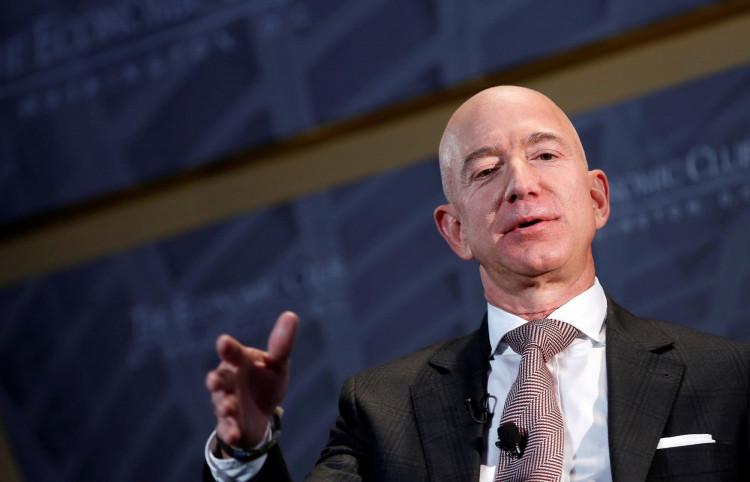Jeff Bezos, the founder of Amazon and a pivotal figure in the global tech industry, has recently made headlines not just for his business acumen but for a strategic relocation that stands to save him over $600 million in taxes.
This considerable financial maneuver comes as Bezos transitions his primary residence from Seattle to Miami, a move that, while initially attributed to personal reasons such as proximity to family and Blue Origin's rocket launches, now appears to have significant fiscal implications due to differing state tax laws.
In a bold financial move, Bezos executed a $2 billion sale of Amazon stocks last week, a transaction that notably coincides with his relocation to Miami, Florida-a state known for its absence of personal income and capital gains taxes. This contrasts sharply with Washington state's 7% capital gains tax on substantial stock or bond sales introduced in 2022, which marked a departure from the state's history of no personal income tax. The timing of Bezos' stock sales, following his move, strategically positions him to avoid these substantial state levies.
Since announcing his departure from Seattle, where he resided for nearly three decades and built Amazon into a tech behemoth, Bezos has made significant financial decisions. His cessation of Amazon stock sales in 2022 and 2023, a period during which Washington's capital gains tax was in effect, underscores a calculated pause.
This hiatus ended with his recent disposal of 50 million shares, planned to conclude before January 31, 2025, which at current valuations, would amount to over $8.7 billion. The move to a tax-friendly state like Florida ensures that Bezos retains a larger portion of this wealth, circumventing the potential $610 million tax burden he would have faced in Washington.
The financial implications of Bezos' relocation extend beyond capital gains. Florida's advantageous tax environment also offers lower property and estate taxes, further enhancing the fiscal benefits of his move. Bezos' significant investments in Miami real estate, including a $147 million acquisition on the exclusive Indian Creek Island, signal a long-term commitment to the region. The anticipated construction of a lavish estate, potentially exceeding $200 million in total costs, represents not only a personal sanctuary but a savvy financial strategy leveraging Florida's tax policies.
Bezos' relocation raises broader questions about the mobility of the ultra-wealthy and their ability to navigate tax landscapes to their advantage. While the move has sparked debates over tax fairness and the responsibilities of billionaires, it also highlights the strategic financial planning that often accompanies great wealth. As Bezos reestablishes his life in Miami, the tech mogul's fiscal strategies remain as scrutinized and discussed as his business ventures, underscoring the complex interplay between personal decisions and public financial policies.





